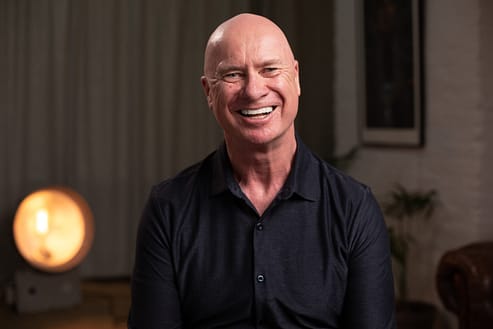As a senior pastor leading a church with an established leadership team, you occupy a unique and challenging position within your ministry.
You're at the helm, steering the church, making critical decisions that can have far-reaching impacts on your congregation, your staff, and your community. You must balance kingdom vision with operational realities, lead a diverse team of staff and lay leaders, and navigate an increasingly complex and ever-changing cultural landscape. As you know only too well, it's a role that requires a unique blend of spiritual sensitivity, strategic thinking, and leadership capability.
It's also a role - the role, in fact, in any church - that most benefits from having access to a trusted outside perspective focused on leadership effectiveness. Why? Three main reasons:
It can be lonely at the top...
Unlike other ministry leadership roles, as a senior pastor, you're the person at the top - the final decision maker on matters of direction and strategy. And it can be lonely - while there's much that you can (and do) share with your staff team and elders, there's also the enormous burden of working through many, many issues that for various reasons you can't share with your team - at least not right away.
And sure, you've got a supportive family, great friends, and maybe even denominational leaders or a peer group you can turn to when you need perspective—but none of them are walking in your exact shoes, facing your specific challenges, day in and day out.
...While also being very (very) visible
Furthermore, as a senior pastor, you're constantly in the public eye - both internally and externally. Every decision you make is scrutinized, sometimes second-guessed, and just because you're the senior pastor, your every action and word (no matter how inadvertent or inconsequential it may seem to you) carries enormous weight.
And this applies not only to the direct communications you have with your leadership team and elders, but like kids playing 'Telephone', all of your words and actions are magnified - sometimes accurately, often not - as their implications ripple down through your entire staff and congregation.
...and all-consuming
Visibility and isolation are challenging enough on their own, of course, but the kicker is this: you've got to make big decisions, communicate them, and get them implemented - all in the midst of an already complicated, ever-changing cultural environment. Nothing - absolutely nothing - stands still in a senior pastor's world, and navigating change isn't optional - it's a basic hygiene factor.
Highly effective senior pastors need unbelievably wide peripheral vision (to see what's happening right now in their church and community), the ability to see round corners (to anticipate what's coming next), and eyes in the back of their head (to learn from what just happened).
All of which makes having a trusted partner as your senior pastor coach such an invaluable relationship. Having someone you can regularly turn to as a sounding board, someone who can offer guidance, assurance, a healthy challenge factor, and sometimes even outright advice (less often than you'd think, as we'll see shortly) won't make all the challenges above magically disappear, but it does make dealing with them an awful lot easier.
Read on to discover more about the benefits of having a Senior Pastor Coach, how to identify the right coach for you, and how to make sure you get the absolute best out of your coaching relationship.




